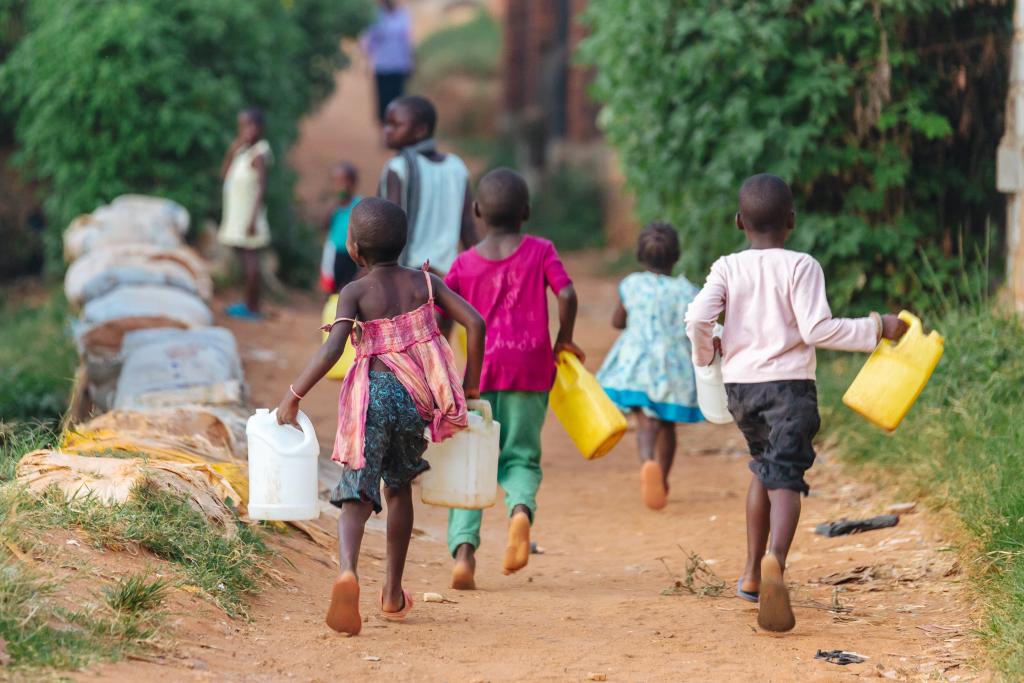
The COVID pandemic induced supply-chain disruption has revealed and worsened inequalities in access to basic needs like fresh food, water, energy and health for marginalised communities globally. In addition, the 2022 energy crisis has highlighted the close interaction between access to energy, and access to food, water and health. This project develops concrete innovation and policy pathways using a renewable energy solution to reduce the food, water, sanitation and health risks faced by marginalised communities in South Africa and provide lessons for other countries in Africa and beyond. It broadens the discussion from the WEF nexus to the WSEFH nexus.
Funded by NWO and the South African National Research Foundation (NRF)
(Societial) Impact
This project will develop, alongside a series of academic outputs, (a) WSEFH design blueprints based on decentralized energy management for marginalised communities aimed at SDGs 2,3, 6 and 7 (b) a dynamic transformative innovation policy toolkit to enable the integration of the WSEFH nexus into innovation policy. The cocreation of these blueprints and the toolkit with policy and practice actors will lead to the integration of WSEFH nexus thinking into the planning, design, implementation and evaluation of energy, agriculture and healthcare initiatives in marginalised communities. This enables future replication and regime change in energy transitions, agriculture and healthcare activities creating low-carbon productive, sustainable and inclusive landscapes. The project will directly benefit farmers, healthcare practitioners, energy planners and those developing and shaping policies related to water, sanitation, energy, food and health. These include Council staff within the City of Johannesburg and the City of Cape Town and their provincial governments (notably Departments of Development Planning and Environment). It also includes industry players working in the WSEFH nexus and relevant community leaders.
The community members will be targeted through a series of co-design and co-creation community events to develop the scenarios to be modelled as well as events to showcase the new technologies through the technology innovation living labs. Other stakeholders will be targeted through the policy and stakeholder events to be conducted by the Policy living lab. There will also be interaction with a range of stakeholders in the Netherlands, Kenya and Uganda as scenarios are workshopped in these countries as well. Indirectly, the research from this project will be of interest to the same stakeholders in other South African provinces and elsewhere through a series of codified knowledge outputs, social media and attendance at international conferences and policy fora.
This project will answer the overarching research question – what is the viability and different pathways that can be activated to integrate small-scale renewable energy and microgrid technology solutions in marginalised communities in South Africa in order to reduce energy poverty and improve access to water, sanitation, food and health?
Project Team
Consortium Partners






